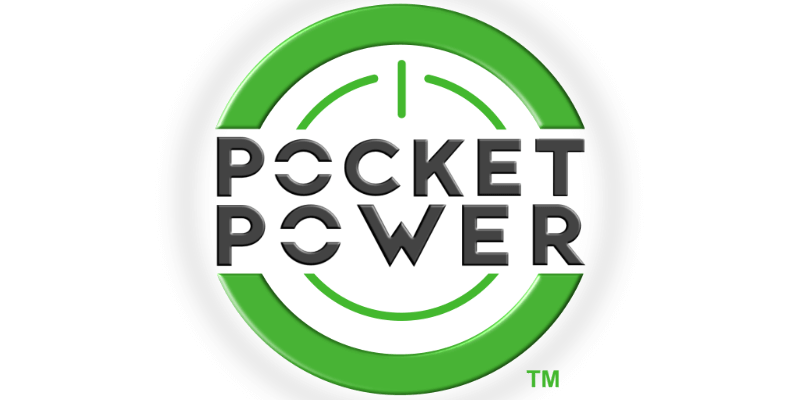
For years, protein has been placed on a golden pedestal in the fitness world.
It’s the magic word printed across every supplement tub, energy bar, cereal box and now even bottles of water. It’s sold as the ultimate key to building muscle, sculpting your body and recovering faster. And while protein is important – your body absolutely needs it – the story we’ve been told isn’t the full picture.
Somewhere along the way, “enough protein” turned into “as much protein as you can get.” And that’s where the problem begins.
Protein is Already in the Foods You Eat
The truth is, if you’re eating a balanced diet built from real, whole foods, you’re probably already getting all the protein your body needs, along with the amino acids that make it complete.
Whether you’re a meat-eater, plant-based or vegan, if you’re eating a variety of fruits, vegetables, legumes, nuts, seeds and other whole foods, you’re already giving your body the protein it needs, it is present in all these foods. You don’t have to chase it through powders, “protein cookies,” “protein cereal,” or overpriced drinks.
What really matters isn’t adding more protein, it’s removing the processed, packaged foods that strip away nutrients and overload your body with sugar, salt and additives.
The Problem with Too Much Protein
Protein isn’t stored in the body like fat or carbohydrates. If you consume more than your body can use, your kidneys have to work harder to process and remove the excess. Over time, this constant strain can become a real problem, especially if you already have reduced kidney function.
And what the fitness and diet industries aren’t openly sharing with you is that, if you’re eating protein-rich foods and topping up with shakes, bars and protein “snacks,” you could easily be tipping into excess without realising it.
The obsession with “more protein” has created an industry worth billions, feeding off our insecurities while selling us products we simply don’t need.
The Protein Hype is Everywhere
Walk into any supermarket and you’ll see it:
Protein water
Protein biscuits
Protein crisps
Protein porridge
Even protein yoghurt with more added powder than natural ingredients
None of these products exist because we actually need them. They exist because “high protein” has become a marketing buzzword, and companies know we’ll pay extra for it.
The irony? Many of these products are so processed that any real health benefits are outweighed by the additives, sweeteners and fillers inside.
Potential Signs You’re Overdoing Protein
This isn’t about diagnosis, but if you’re regularly having high-protein meals and supplements, and you’re noticing:
Bloating or digestive discomfort
Changes in skin health (spots, dryness, irritation)
Lethargy or low energy
Brain fog or trouble concentrating
Feeling unusually thirsty
…it might be worth asking whether too much protein is the cause.
What to Try Instead
If you want to experiment with reducing protein supplements, start by replacing them with whole foods and see how your body responds.
For meat eaters:
Chicken, turkey, beef, pork, or lamb from good-quality sources
Eggs from good-quality sources
Fish such as salmon, mackerel, tuna or cod from good-quality sources
Natural yoghurt or cheese (preferably unprocessed and without added sugars)
- plus everything from the plant-based list below
For plant-based and vegan eaters:
Lentils, chickpeas, kidney beans and black beans
Tofu or tempeh
Quinoa
Nuts and seeds (almonds, walnuts, chia, hemp)
- Fruits
- Vegetables
Build your meals from these real ingredients, and notice how your body feels over a few weeks. Pay attention to changes in bloating, skin condition, energy levels, recovery time and mental clarity.
Your Strength Won’t Suffer
One of the biggest fears is that reducing protein supplements will cause muscle loss or slow recovery. But if your diet already contains enough natural protein, you won’t notice a drop in strength or performance. In fact, many people find that they recover better and feel less sluggish without the overload.
The Pocket Power Perspective
At Pocket Power, we believe that the simplest changes often have the biggest impact. You don’t need to buy into every health trend to get results.
Your body thrives when it’s fuelled with real, whole foods – not gimmicks.
And the bonus? You’ll save money, reduce waste and stop lining the pockets of companies that profit from keeping you insecure about your body.
If you’re curious about making changes like this and tracking how they affect your health, our app gives you the tools to log your meals, monitor your energy, and spot patterns in how you feel. It’s not about chasing trends – it’s about learning what works for you.
Our Other Blogs
- All Posts
- All
- Blog
- Fitness
- Latest
- LIFE Fit Recipes
- News & Events
- Nutrition
- Recipes
- Wellbeing

Breakfast is often called the most important meal of the day, but why? In this blog, we explore how your...

For years, protein has been placed on a golden pedestal in the fitness world. It’s the magic word printed across...

Is Depression Visible? Depression doesn’t always look the way we expect it to. It can be hidden behind smiles, busy...

The Path to Wellbeing – 5 Questions to Transform Your Health Journey. Sometimes life slips into routine without us noticing...

A Holistic Approach to Health True wellbeing isn’t just about fitness or diet alone — it’s about the whole picture....

Your stress response is designed to protect you — but when it stays switched on for too long, it can...

Failure isn’t the end — and it certainly isn’t a reflection of your worth. It’s part of the process, a...

Sleep isn’t just rest — it’s when your body repairs, restores and resets. From physical recovery and emotional balance to...
